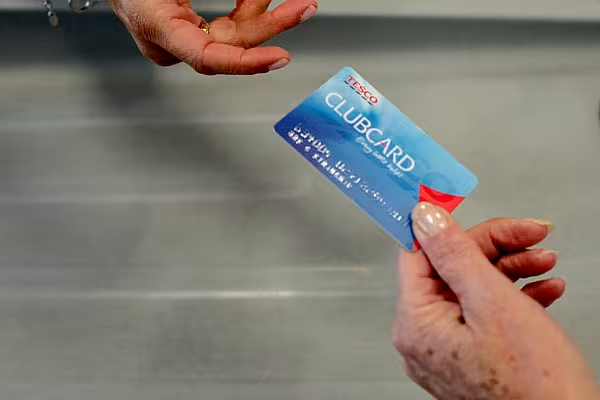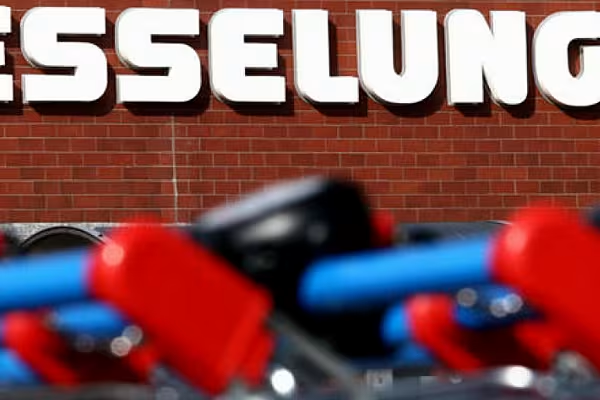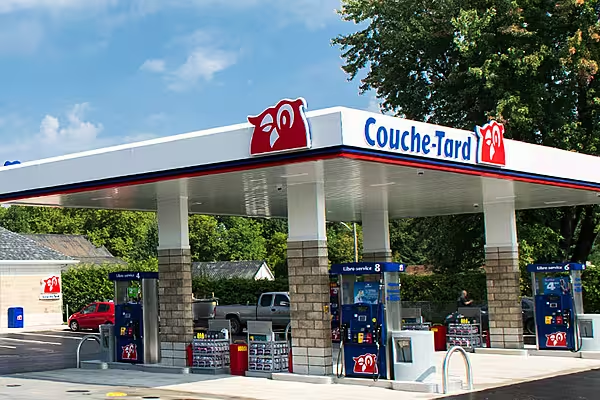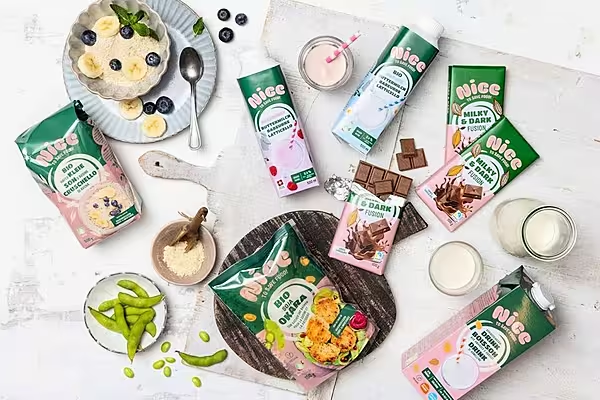More than half (53%) of leading retailers have seen adoption of loyalty schemes increase in recent years, a new study by dunnhumby has found.
The data science firm's report, The Power of Personalised Loyalty, studied the approaches to loyalty being adopted by 24 major retailers across EMEA, Latin America, North America, and the Asia-Pacific region.
It states that 70% of retailers have been successful in maintaining or increasing their base of loyal customers – findings that the report states are 'not entirely in line with some common perceptions and reports in the media'.
“Loyalty is hard to win and easy to lose, but despite tough times, most retailers have managed to keep their base of loyal customers, or even grow it," commented Debora Franchim, director of personalisation and customer engagement at dunnhumby, and a co-author of the report. "Those that have been successful have adopted true Customer First principles – being laser-focused on delivering value - rather than worrying what competitors are up to."
Loyalty Programmes
In terms of the types of loyalty programmes being offered by retailers, more than four fifths (82%) offer discount coupons and vouchers, while three quarters (75%) offer exclusive member-only discounts (such as Tesco's 'Clubcard Prices' initiative).
Other devices being used by retailers include personalised product recommendations based on purchase history (68%), points-based rewards systems (61%), tiered membership levels with increasing benefits (18%), and other initiatives (11%).
Embracing Technology
The study indicated that future strategies in the loyalty segment are likely to increasing rely on mobile apps and omnichannel marketing, as opposed to technologies like chatbots or augmented reality.
Personalised digital recommendations were favoured within personalisation strategies, with emerging technologies experiencing limited adoption.
Elsewhere, financial constraints and technical challenges were identified as the primary obstacles to effective implementation in both areas.
“There’s always room for innovation if it’s done in a way which adds value - and where its impact can be measured," Frachim added. "For now, at least, ‘tried and tested’ means, focused on what delivers optimal value for your most loyal customers, seem to be what is working best.
"In many cases, it’s clear a strong private brand proposition is also helping to drive success when it comes to loyalty.”













